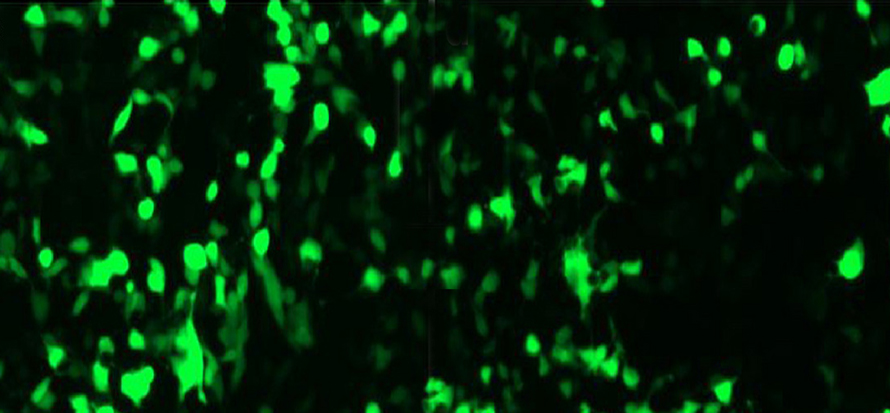Over recent years, there has been much talk concerning the human papillomavirus, or HPV. HPV has been associated with numerous cancers, including cervical and throat cancer. While HPV is most commonly associated with cervical cancer in women, in men, HPV is most commonly associated with oral and oropharyngeal (throat) cancers. Throat cancers are the sixth most common cancer worldwide and have a fatality rate of nearly 40% each year.
Infection by HPV requires activation of the virus by a protein called furin, which cleaves the viral proteins to activate them. While furin is present in the vaginal epithelial cells where HPV infection occurs in cervical cancer, it is not present in oral epithelial basal cells, which is where HPV begins its infection in throat cancer. Since the oral cavity in humans is colonized by billions of microorganisms, Sylvia I. Pavlova and team sought to investigate whether any of these common oral bacteria express furin-like peptidases that would promote HPV infection without the actual presence of furin.
This study focused specifically on the bacteria Streptococcus, best known for causing strep throat, as well as Enterococcus and Lactobacillus. Three furin-like peptidases were discovered in Streptococcus gordonii, a bacteria that colonizes the human mouth and throat. These peptidases could play a role in oral HPV infection by taking the place of the protein furin, which is absent from oral epithelial basal cells.
The authors believe that these cancer-promoting factors may not be limited to Streptococcus, but furin-like peptidases could be released by any oral microorganism and could promote cancer. They mention that by identifying furin-positive bacteria or furin-like peptidases released by bacteria, a new drug target could be elucidated that would block viral infection.
Further research is necessary to take the findings of this study to the next step, since HPV infection does not lead to cancer in all individuals. The interactions between the bacteria that produce furin-like peptidases and the viruses they may activate need to be further studied in vivo to better understand the possible connection between these bacteria and oral cancer.

















